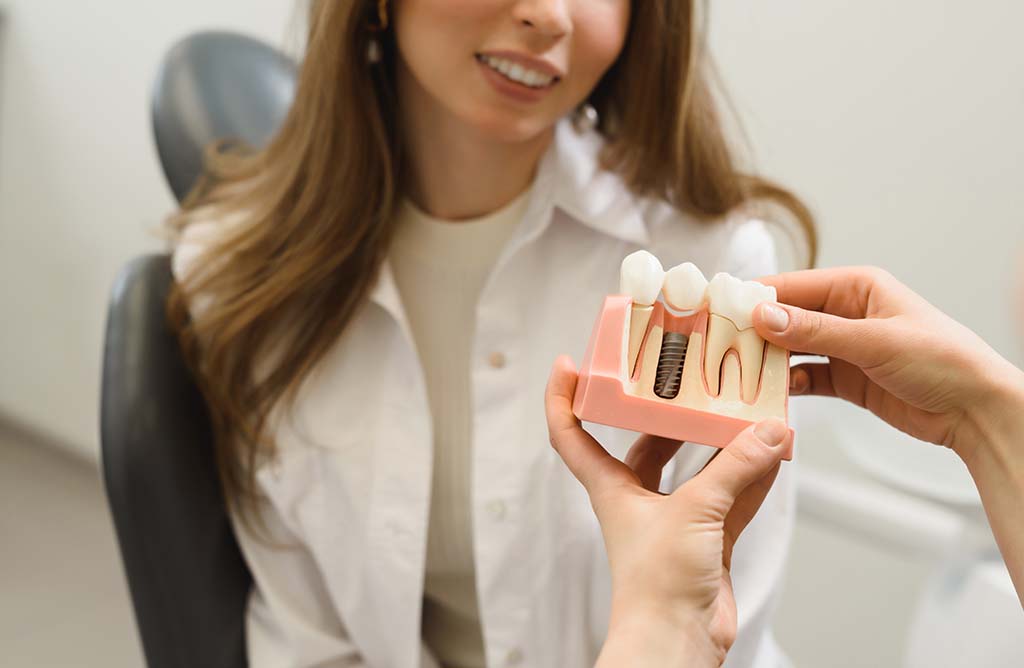Maintaining good oral hygiene is essential to overall health and well-being. However, sometimes accidents happen, or we might have cavities that are beyond repair. This might lead to tooth loss, causing discomfort, pain, or even affecting our self-esteem. But, thanks to modern dentistry, there is a solution for missing teeth – dental implants. Although they have been around for decades, many people are still not fully aware of what dental implants are and the benefits they offer. In this blog post, we will dive deep into everything you need to know about dental implants.
What are Dental Implants?
Dental implants are small titanium posts that act as an artificial tooth root. The implant is placed into the jawbone, allowing for a replacement tooth or crown to be anchored to it. The implant fuses with the bone, creating a solid foundation for the new tooth. Dental implants can be used to replace a single tooth, multiple teeth, or even an entire arch.
Benefits of Dental Implants
There are numerous benefits of dental implants. Firstly, they look and feel just like natural teeth, allowing you to smile confidently. Secondly, they provide an excellent solution for tooth loss, avoiding further damage to other teeth, and helping maintain optimal oral health. Additionally, dental implants are the most durable restoration option, with a success rate of 98%, making them a cost-effective investment in long-term dental health.
Who Can Get Dental Implants?
Dental implants are a suitable option for most people who have missing teeth, with good oral health and a solid jawbone density. Patients with a history of periodontal disease, diabetes, or heavy smokers, may not be suitable for implants. Dr. Smith will conduct a detailed scan to evaluate if dental implants are right for you.
The Implant Process
The dental implant process usually requires several appointments. The treatment includes a consultation, implant placement, and the placement of the final restoration (crown or bridge). The implant placement procedure is invasive and can cause some discomfort, but local anesthesia will be used to minimize pain. After placement, there is a healing phase of several months, where the implant fuses with the bone. Once the implant has been integrated, the final restoration can be placed.
Aftercare
Oral hygiene and care are crucial for the long-lasting success of dental implants. Practicing good oral hygiene habits, avoiding hard foods, and regular dental check-ups are essential. Dental implants do not require any special care other than you would give your natural teeth. Maintaining good oral hygiene habits will also significantly reduce the risk of gum disease or infection.
Conclusion:
Dental implants are a safe and reliable solution for those who have missing teeth. They offer numerous benefits, including long-term durability, optimal oral health, and a confident smile. If you’re considering dental implants, remember to consult with a qualified dentist and follow proper oral hygiene practices after the procedure. With care and attention, your dental implant can last a lifetime, helping you maintain excellent oral and overall health.










